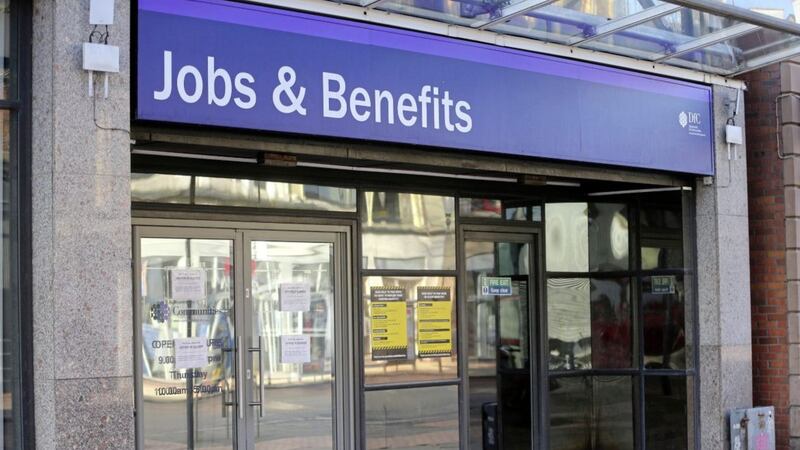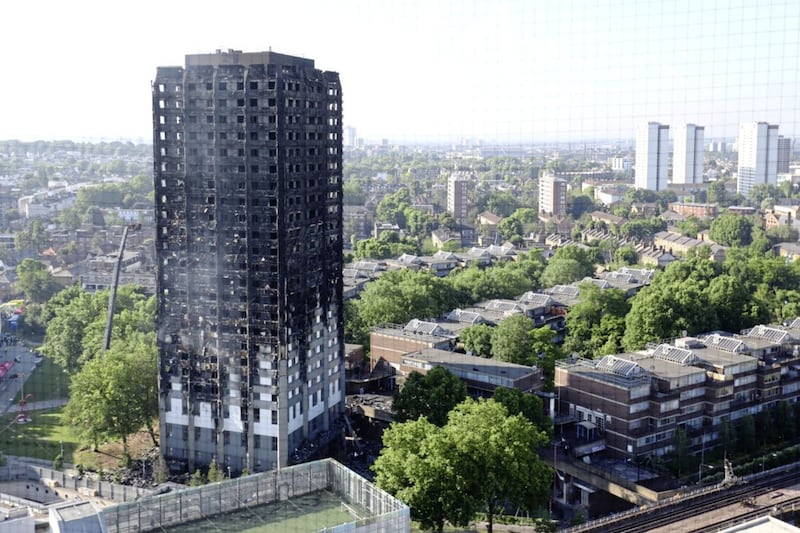BENEFITS offices in Northern Ireland could close one day a week as part of money-saving plans, it has been reported.
It is understood it is among a number of proposals being considered by the Department for Communities (DfC) to save money.
It comes just days after the department, which is responsible for a wide range of services including social security delivery, employment support and funding for culture, arts and leisure, warned it is facing a £111.2 million resource funding gap following the recent budget.
It said on Tuesday that its allocation is 15.5 per cent short of what was required.
It has published an Equality Impact Assessment (EQUIA) consultation on ways that money can be saved in 2023/24, according to the BBC.
The document states that the "actions being proposed by the department to live within the budget for 2023-24 will have a dramatic impact on public services delivery".
It suggests in the report: "Given the very constrained budget position, combined with increasing running costs of office estates and the ability of staff to work remotely, closing offices one day per week could realise savings in cleaning, security and energy".
It added that "front-line customer service delivery," especially to those who were vulnerable, elderly or had disabilities, would be impacted.
Cuts to the arts, museums, libraries and sport are also expected over the coming year.
The DfC document said funding to its 11 arm's-length bodies, which includes the Arts Council, the Housing Executive, National Museums NI, Sport NI and Libraries NI, "will have to be curtailed by reducing the 2022-23 baseline position by five per cent".
The department has also said that proposed saving measures could include reductions in funding for helping people with disabilities to find work and a support programme, which provides housing support for women at risk of domestic violence, homeless people.








